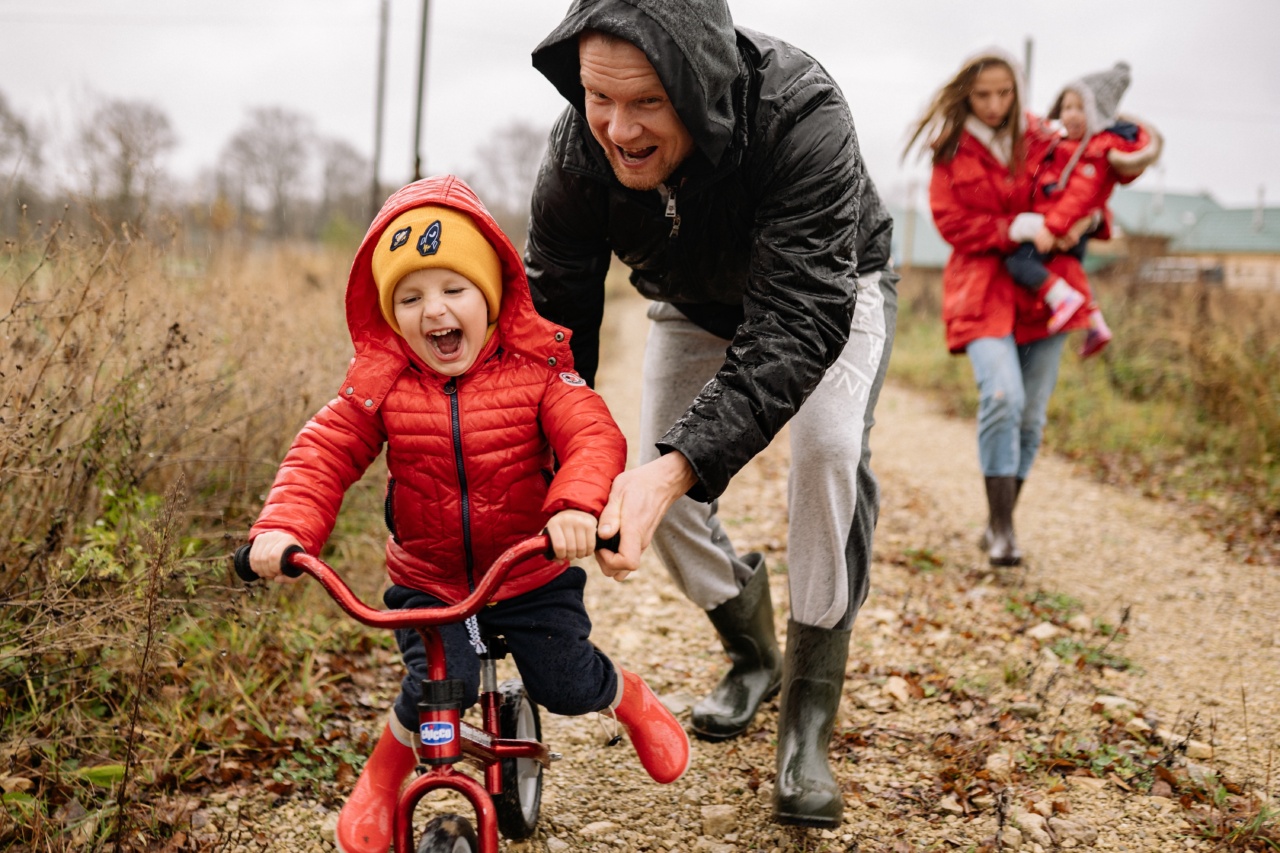Fear is a normal part of childhood. Most children experience fears at some point in their lives, whether it’s fear of the dark, monsters under the bed, or going to the doctor.
While these fears may seem trivial to adults, they can be very real and overwhelming for children. As parents and caregivers, it’s important to understand how to help children overcome their fears in a gentle and supportive way.
1. Acknowledge their Feelings
When a child expresses fear, it’s important to acknowledge their feelings and let them know that it is okay to be scared. Avoid dismissing their fears or telling them that they shouldn’t be afraid.
Instead, provide a safe space for them to express themselves and reassure them that you are there to support them.
2. Validate their Emotions
Validating a child’s emotions means letting them know that it’s natural and normal to feel scared. Empathize with them and let them know that you understand what they are going through.
This can help them feel safe and understood, which is an important first step in overcoming their fears.
3. Don’t Force Exposure
While it may be tempting to push a child to face their fears head-on, forcing exposure can often backfire and make the fear even worse. Instead, take a gradual approach. Introduce the fear-inducing situation in small, manageable steps.
For example, if a child is afraid of dogs, start by looking at pictures of dogs, then move on to watching videos of dogs, and eventually, introduce them to a friendly and well-behaved dog.
4. Provide Reassurance
Reassure your child that they are safe and that you are there to protect them. Let them know that their fears are common and that many other children feel the same way.
Offer words of encouragement and remind them of times when they successfully faced their fears in the past.
5. Encourage them to Express their Fears
Encourage your child to talk about their fears and what exactly scares them. This can help them better understand their fears and give you insights into how to address them.
You can also consider using art or play therapy as a way for them to express their fears in a non-threatening manner.
6. Be a Good Role Model
Children often look to adults for cues on how to react in different situations. That’s why it’s important to be a good role model and demonstrate healthy ways of dealing with fear.
Show your child that it’s okay to feel scared sometimes, but also show them how to cope with fear in a positive and constructive manner.
7. Teach Relaxation Techniques
Teach your child simple relaxation techniques that can help them calm down when they feel scared. Deep breathing exercises, visualization, and progressive muscle relaxation are all effective strategies.
Practice these techniques with your child regularly, even when they are not feeling anxious, so that they become familiar and easier to use when needed.
8. Read Books about Overcoming Fears
Reading books about overcoming fears can be a helpful tool in helping children understand and manage their fears. Look for age-appropriate books that address the specific fear your child is experiencing.
Reading these books together can provide a platform for discussing their fears and finding strategies to overcome them.
9. Create a Safe Sleep Environment
If your child is afraid of the dark or has nightmares, create a safe sleep environment that helps ease their fears. Use nightlights, allow them to sleep with a favorite stuffed animal, and establish a calm bedtime routine.
You can also try using a dreamcatcher or a special spray to keep monsters away.
10. Seek Professional Help if Needed
If your child’s fear is severely impacting their daily life, it may be necessary to seek professional help. A therapist experienced in working with children can provide guidance and support tailored to your child’s specific needs.
They can also help uncover any underlying issues contributing to the fear and develop a personalized treatment plan.
Conclusion
Helping children overcome their fears requires patience, understanding, and a gentle approach. By acknowledging their feelings, validating their emotions, and gradually exposing them to their fears, you can support your child in conquering their fears.
Remember to be a good role model, encourage your child to express their fears, and provide reassurance along the way. With your support, your child can develop the resilience and coping skills needed to overcome their fears and lead a happy and healthy life.































